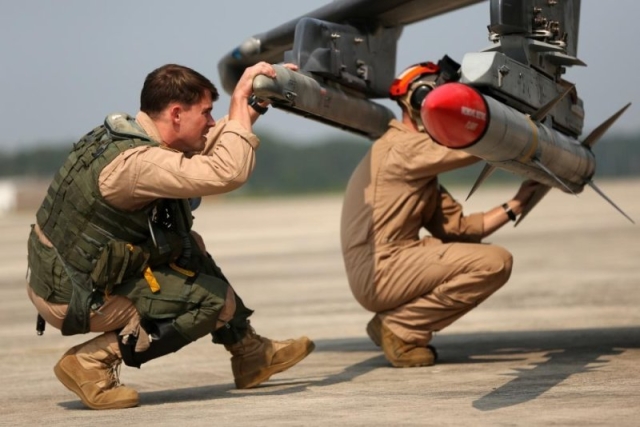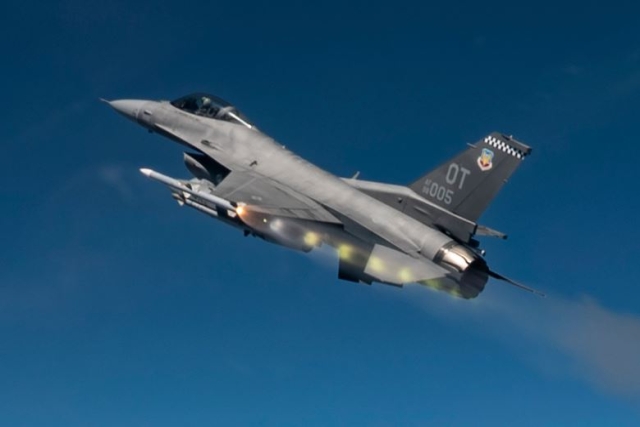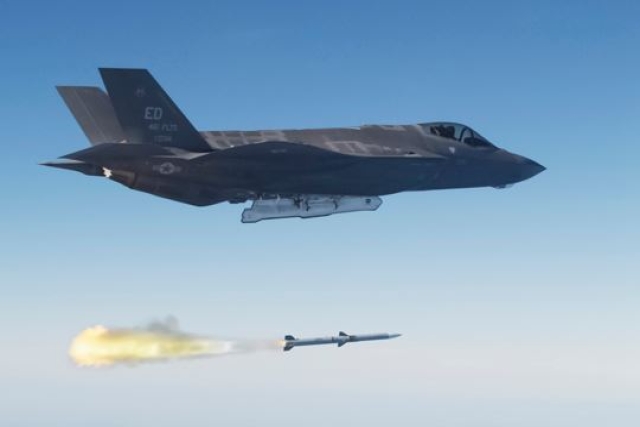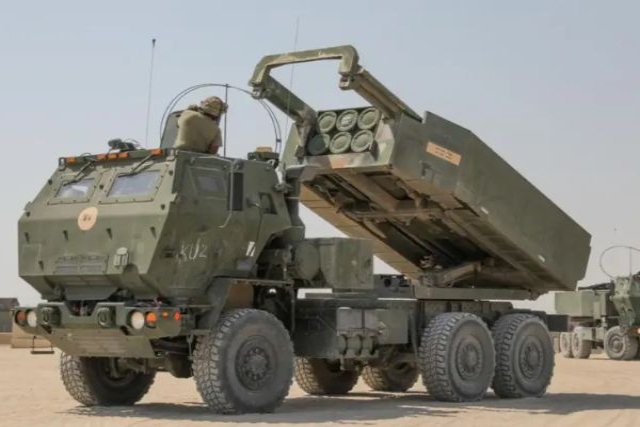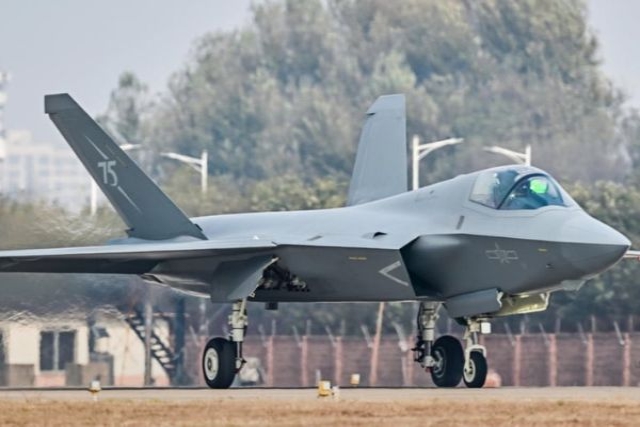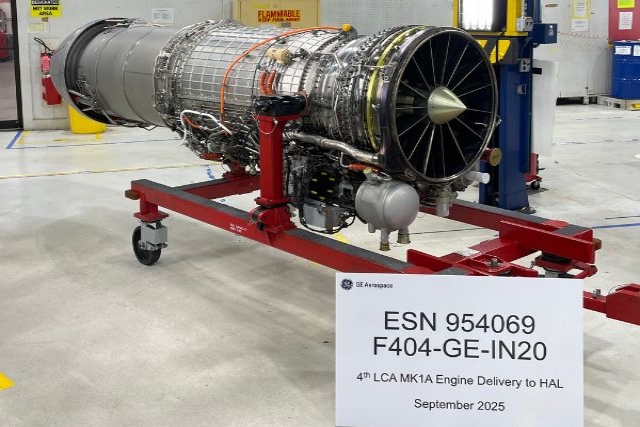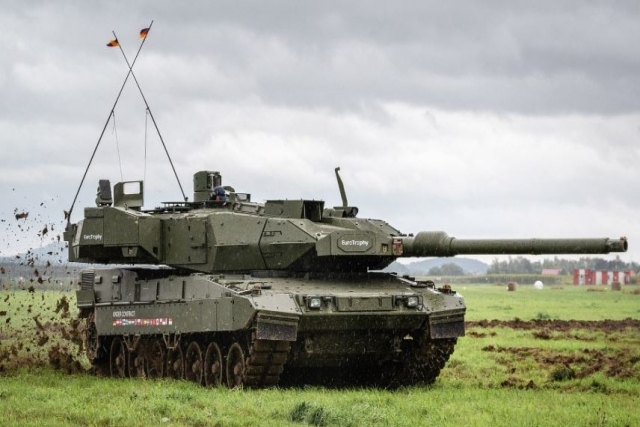U.S. Clears $1B AMRAAM Missile Sale to Australia
Canberra to receive up to 400 air-to-air missiles for fighter jets and NASAMS amid growing regional defense ties under AUKUS
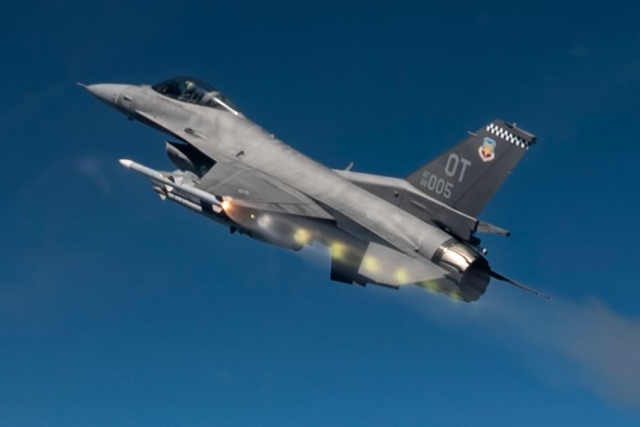
The U.S. government has approved a possible $1.04 billion sale of AIM-120 AMRAAM air-to-air missiles to Australia, deepening defense cooperation between the two allies amid growing strategic competition in the Indo-Pacific.
In a statement released Wednesday, the Defense Security Cooperation Agency (DSCA) confirmed that it had formally notified Congress about the proposed sale, which includes up to 200 AIM-120C-8 and 200 AIM-120D-3 missiles, as well as associated support equipment, software, logistics, and services.
"This proposed sale will support the foreign policy and national security objectives of the United States," the DSCA said. "Australia is one of our most important allies in the Western Pacific... It is vital to the U.S. national interest to assist our ally in developing and maintaining a strong and ready self-defense capability."
The principal contractor for the sale will be RTX Corporation, based in Tucson, Arizona.
The AIM-120 AMRAAM (Advanced Medium-Range Air-to-Air Missile) is a radar-guided weapon used for beyond-visual-range engagements. The missiles are already in use by multiple Royal Australian Air Force (RAAF) platforms, including the F-35A Lightning II, F/A-18F Super Hornet, and EA-18G Growler.
In a notable development, the Australian Army has also integrated the missile into its NASAMS (National Advanced Surface-to-Air Missile System). The first successful live firing from NASAMS took place in November 2023 at the Woomera Test Range, using launchers from Kongsberg, AMRAAM missiles from Raytheon, and radar by Australia’s CEA Technologies.
Future integration may also include Collaborative Combat Aircraft (CCA) drones, which the RAAF is exploring as part of its next-generation uncrewed capability.
Final Congressional approval for the sale is pending but is not expected to face major opposition.
The missile deal is part of the AUKUS pact linking Australia, the U.S., and the U.K. in defense cooperation. In a February call, Prime Minister Albanese stressed “bipartisan support” for AUKUS to former President Trump, seeking assurance of continued U.S. commitment.
